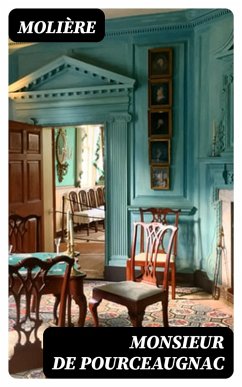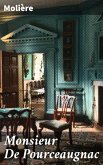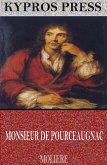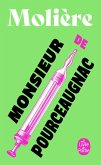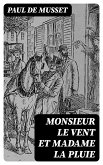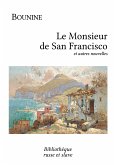In "Monsieur De Pourceaugnac," Molière masterfully weaves a comedic tapestry that satirizes the follies of social pretension and the absurdities of love. This three-act farce, set in 17th-century France, employs rapid dialogue, mistaken identities, and clever wordplay to illustrate the tensions between the bourgeoisie and the nobility. The play encapsulates the essence of Molière's theatrical style, marked by its sharp wit and keen observations of human behavior, reflecting the societal dynamics of his time and the burgeoning middle class's ascent in the wake of the French Renaissance. Molière, born Jean-Baptiste Poquelin, was a playwright and actor whose own experiences in the theater and society profoundly shaped his works. His works often draw from his personal encounters with the upper classes and his disdain for their pretentiousness. "Monsieur De Pourceaugnac" showcases his exceptional ability to critique societal norms while entertaining audiences, a reflection of his lifelong quest to portray the absurdities of human vice. This delightful play is highly recommended for readers who appreciate sharp social commentary wrapped in humor. Molière's enduring wit and keen insights make "Monsieur De Pourceaugnac" not only a testament to the playful spirit of the age but also a timeless exploration of human folly, inviting readers to reflect on their own societal engagements.
Dieser Download kann aus rechtlichen Gründen nur mit Rechnungsadresse in A, B, BG, CY, CZ, D, DK, EW, E, FIN, F, GR, H, IRL, I, LT, L, LR, M, NL, PL, P, R, S, SLO, SK ausgeliefert werden.

